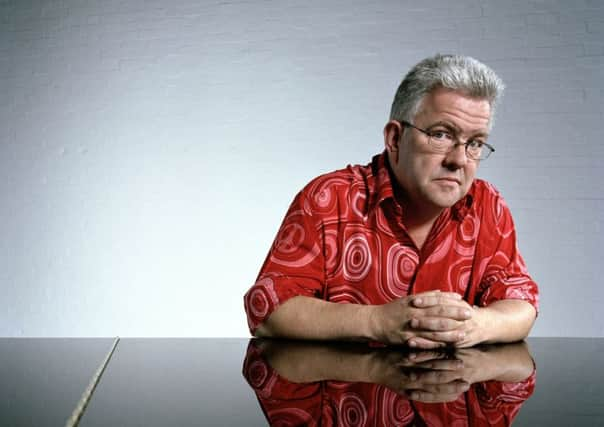Ian McMillan: The art of the pefect selfie


When the selfie was discussed later, on the bus home, they would all be saying: “Who’s that old bloke? Why is he laughing? Why has he got his thumb up?” And the photo might be deleted, thus getting rid of me forever, or it might be kept for a long time and I would become part of the legend of the night. Forget the play, what about the thumb-up man: do you reckon he might have been a spy?
I often think about the anonymous fame of being at the edge of someone else’s photo, held there for all time as the real subjects of the picture stare at the camera. And then yesterday I was sitting on a train staring out the window at the landscape of light industrial units and I noticed someone scribbling in a notebook. She would chew her pen, write down a few words, look up at the ceiling of the carriage, then jot down a few more. I imagined that she was a poet or a novelist working hard on the next draft of her masterpiece.
Advertisement
Hide AdAdvertisement
Hide AdThen, as the train slowed down, she looked straight at me and wrote a couple of lines in her notebook, closed it up and put it in her bag. I blushed, the tips of my ears glowing like twin lighthouses glimpsed through fog. I blushed because at that moment I was hoping against hope that I would appear in whatever it was she was writing.
Forget the newspaper obituary or the headstone visited by grieving relatives; give me the guaranteed immortality of being a walk-on part (or in this case a sit-down part) in the endless parade of English literature. Imagine being a grumpy passer-by in 19th century London noticed by Charles Dickens and then becoming the basis of Ebenezer Scrooge? What if you were the plump drink-glugger who bumped into William Shakespeare in a dark tavern and started the idea of Falstaff going in his fertile mind?
Writers are observers, first and foremost. They notice and retain things, including the weather, or the way the evening sun strikes the side of a building, or the way a person walks and talks or (and this is crucial for me) sits on a train looking gormlessly out of the window.
“The grey-haired man took of his glasses and wiped them with a tissue, then carried on looking at the passing factories, his mind elsewhere.” That’ll be in a prize-winning novel soon, I’m telling you, and that oh-so-minor character will be me! Result!